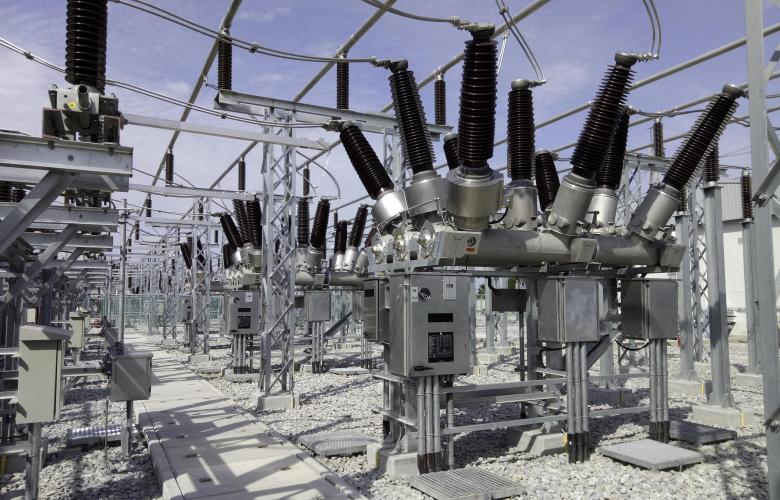Supplying electrical power to Indonesia's leading tourism destination has been a delicate subject in recent years but now it seems PLN, Indonesia's state-owned electricity distributor, is serious in its search for alternative energy opportunities, one being with environmental waste management technology and the emergence of Urban Waste Power Generation, known in Indonesia as PLTSa.
Although there are currently no PLTSa facilities in Bali, PLN sees the potential for them, saying that the company will buy electricity from any alternative power plants including those using waste.
Ministry of Energy and Mineral Resources (MEMR) Regulation No. 12/2017 on the Utilization of Renewable Energy Sources for the Provision of Electric Power stipulates new mechanisms for purchasing renewable electricity, including solar photovoltaic (solar PV), wind, hydro, biomass, biogas, and waste-to-energy.
These new mechanisms now allow PLN to directly negotiate a fair price with Independent Power Producers (IPP) even for the purchase of power previously classified as being of low capacity and, therefore, not viable. A case in point being a solar power plant in Bangli, which generates just 1MW of electricity but PLN is still prepared to buy it.
According to Nusa Bali, Planning Manager of PLN Bali Distribution, I Putu Putrawan, "Whatever it is, PLN is ready to buy it. PLTSa can be treated the same as PLN's small internal power plants," he suggested.
Pricewaterhouse Coopers (PwC) suggests the Indonesian power sector represents a promising investment opportunity. There are positives to be drawn especially as new regulations indicate the Ministry of Energy and Mineral Resources and PLN’s seriousness in pushing forward with IPP investments.
PwC, however, warn there are risks and a number of commercial points, which IPP investors will need to consider carefully as part of their investment assessment.
Sources: Nusa Bali, Pricewaterhouse Cooper
Similar to this:
Is Bali better off being energy independent?
Will Green Bonds fund a million homes in Indonesia?
Bali's growing population, property speculators and over-pricing





